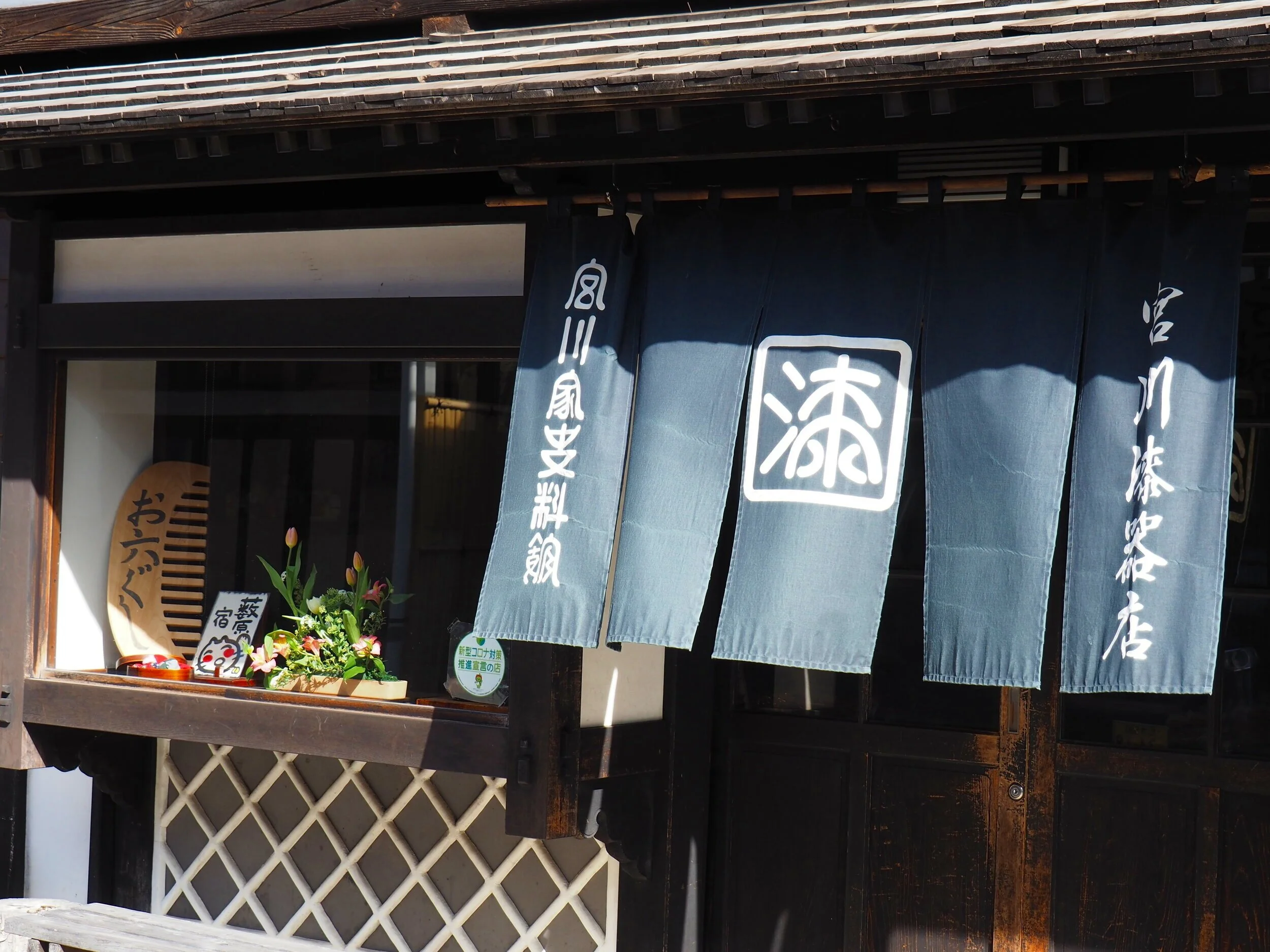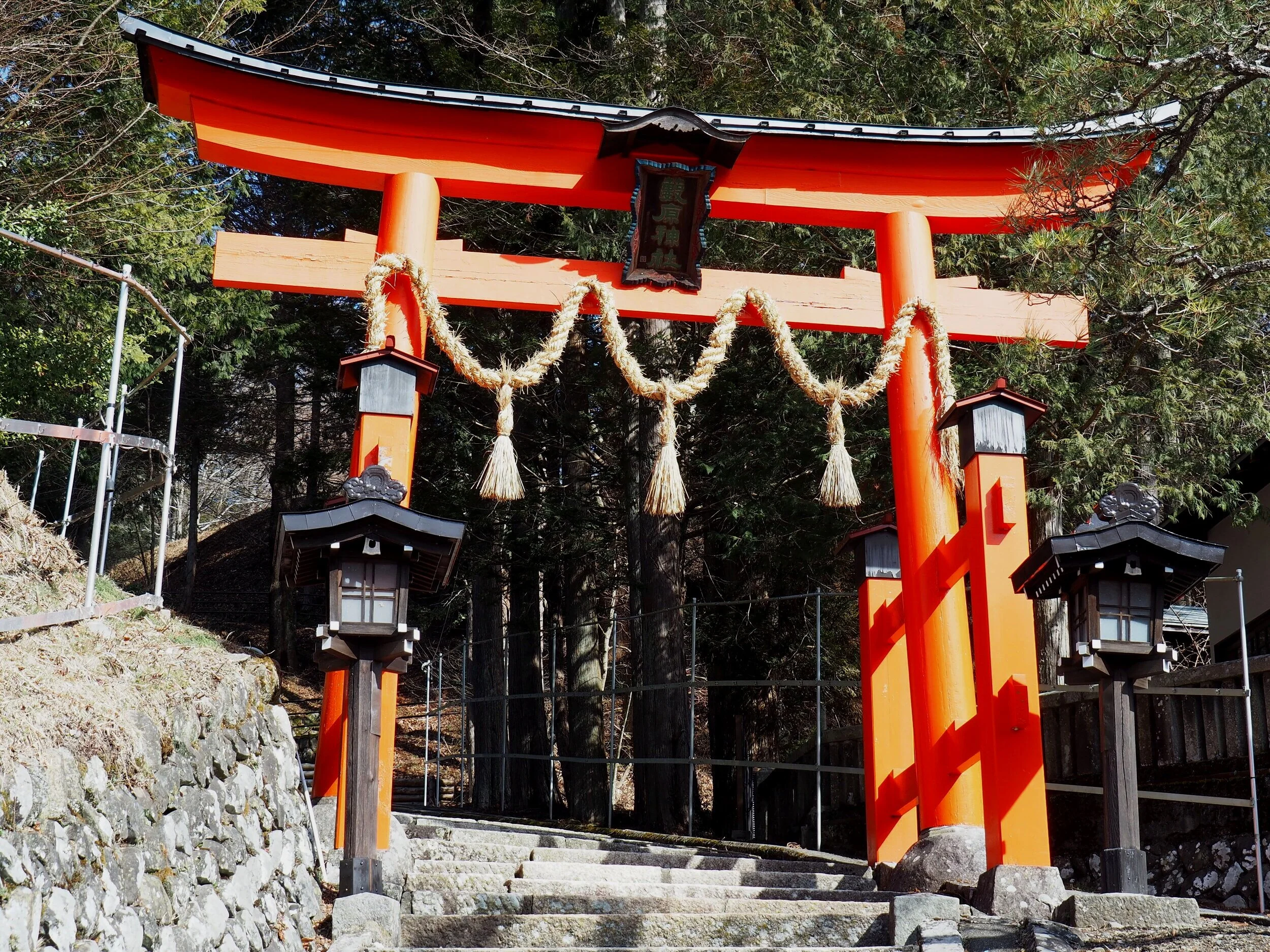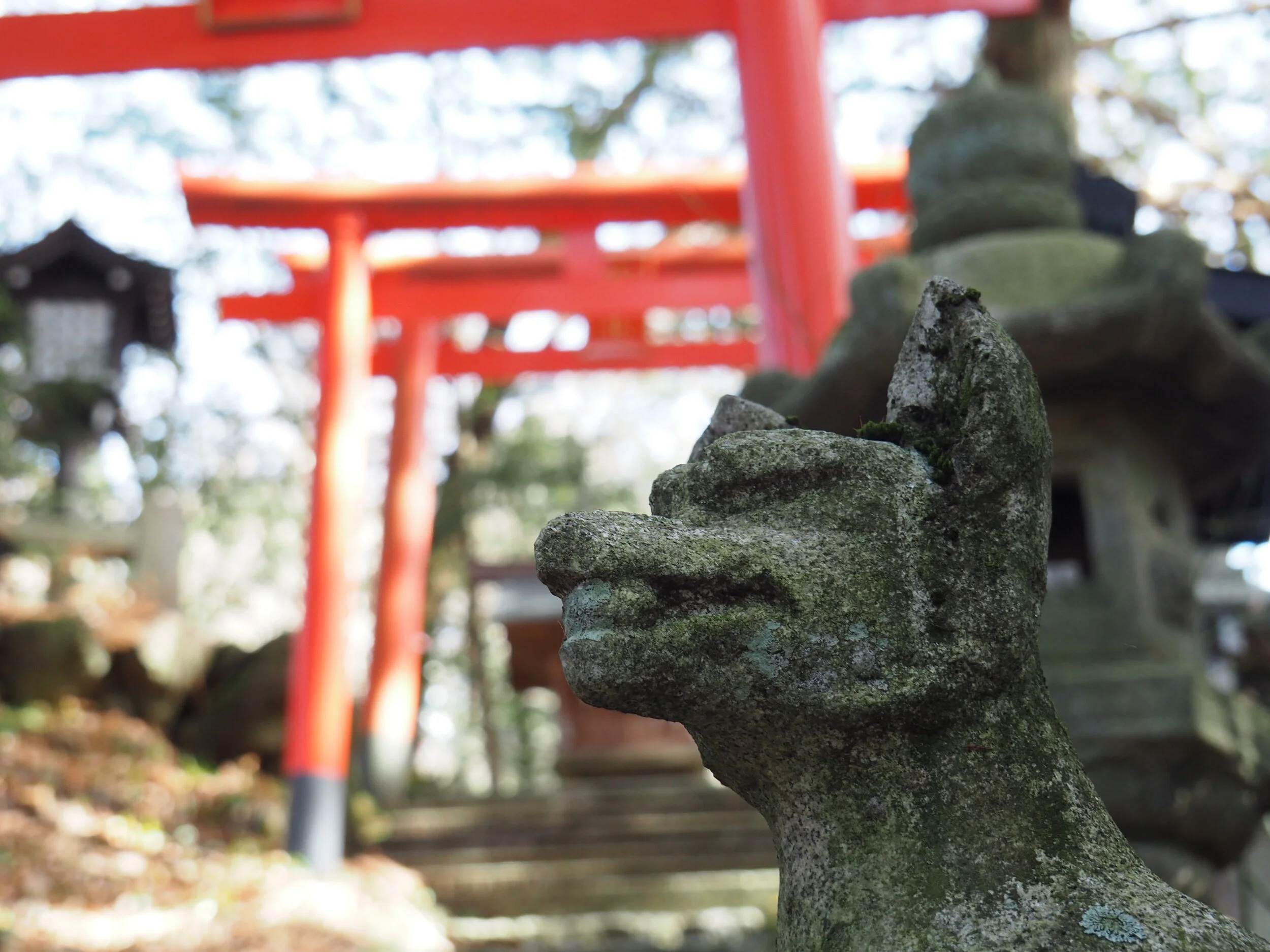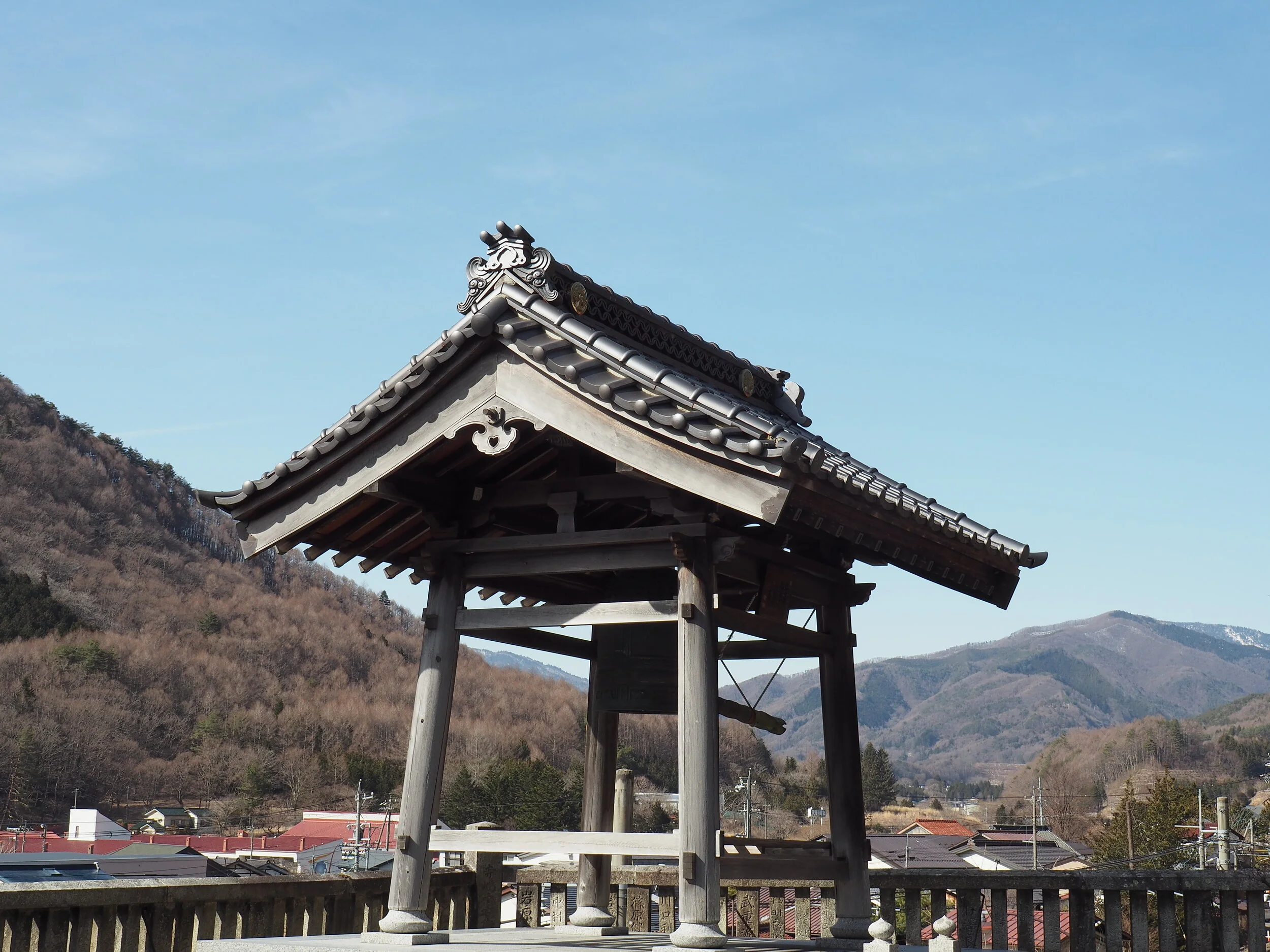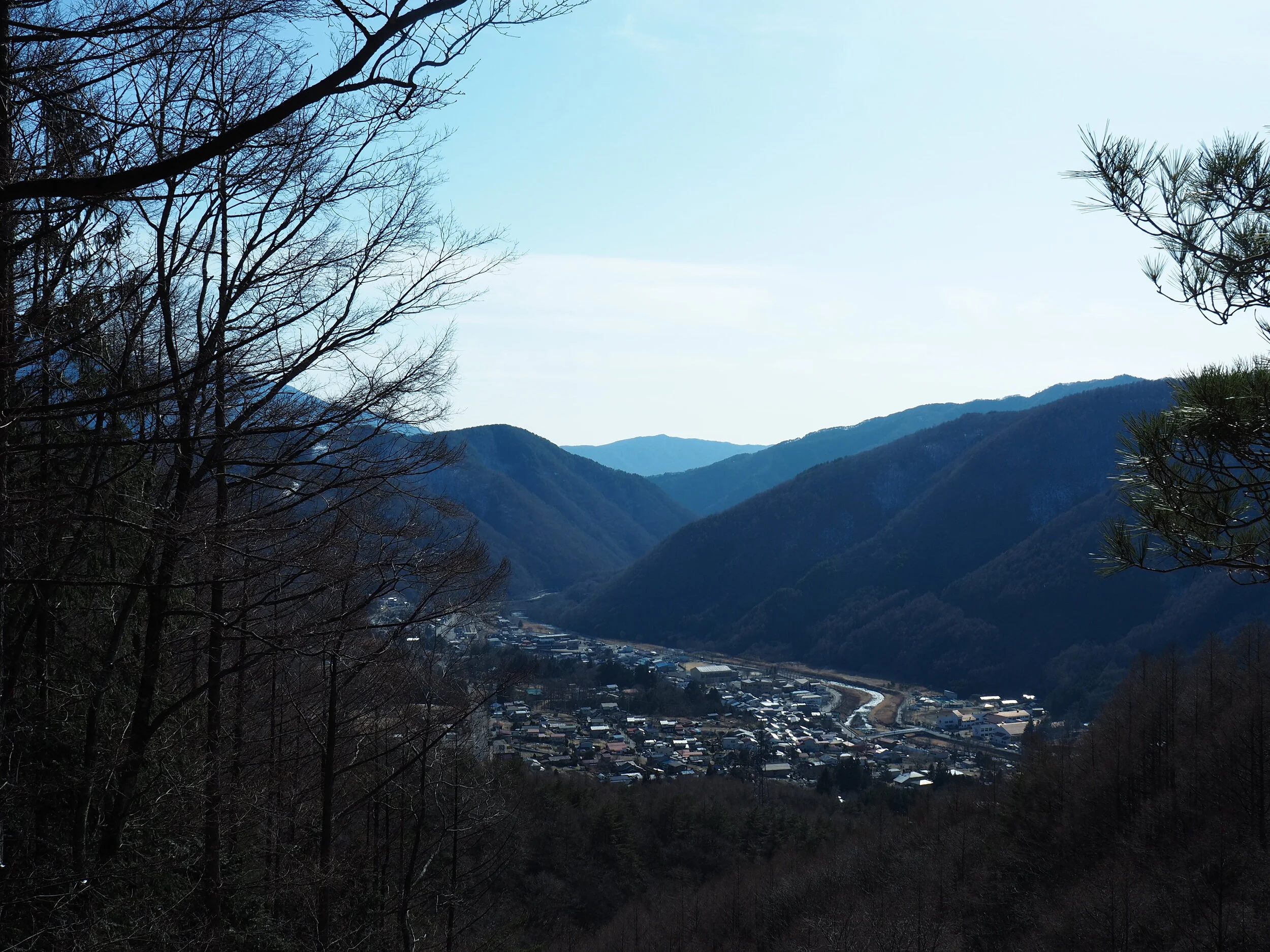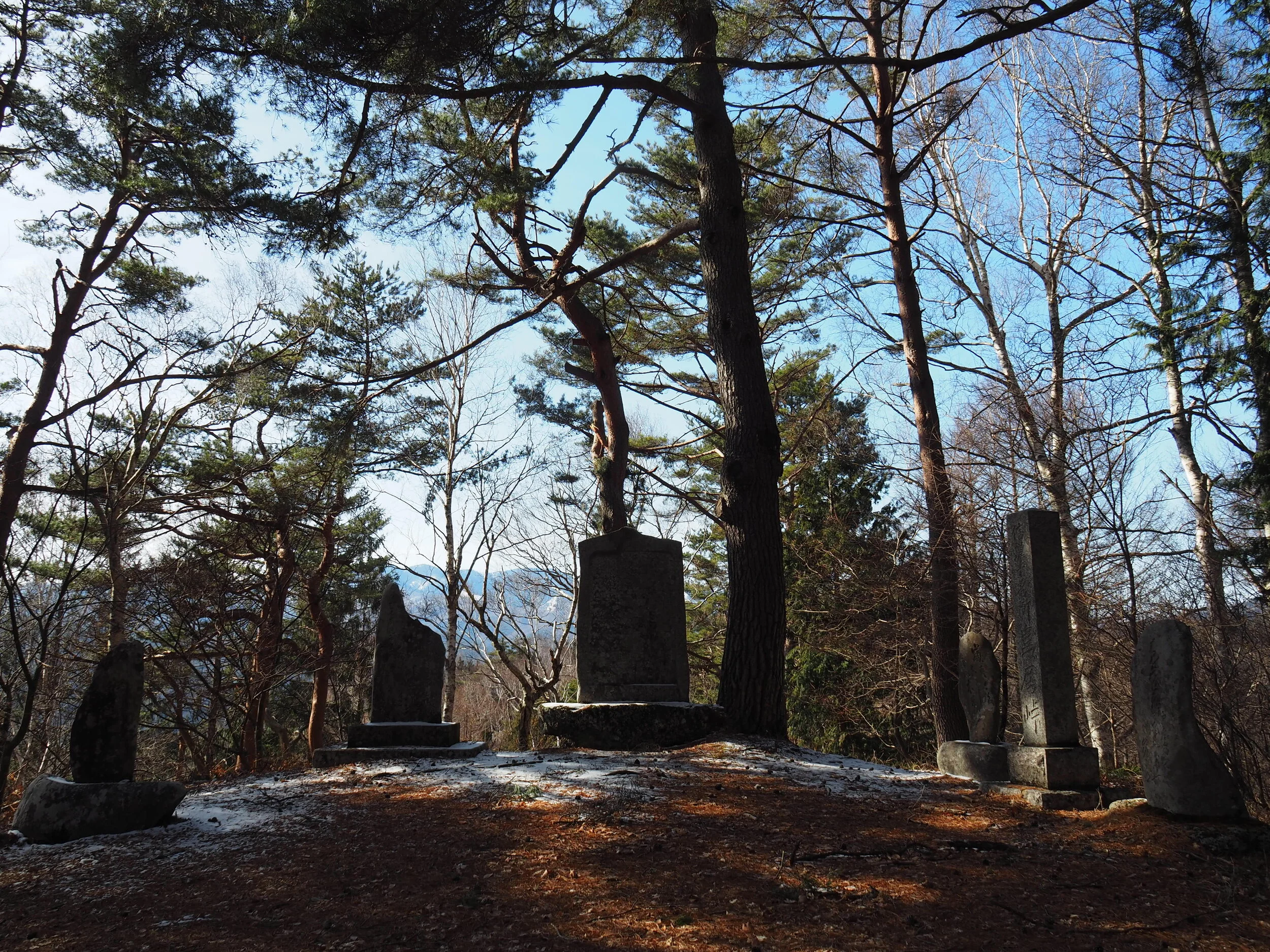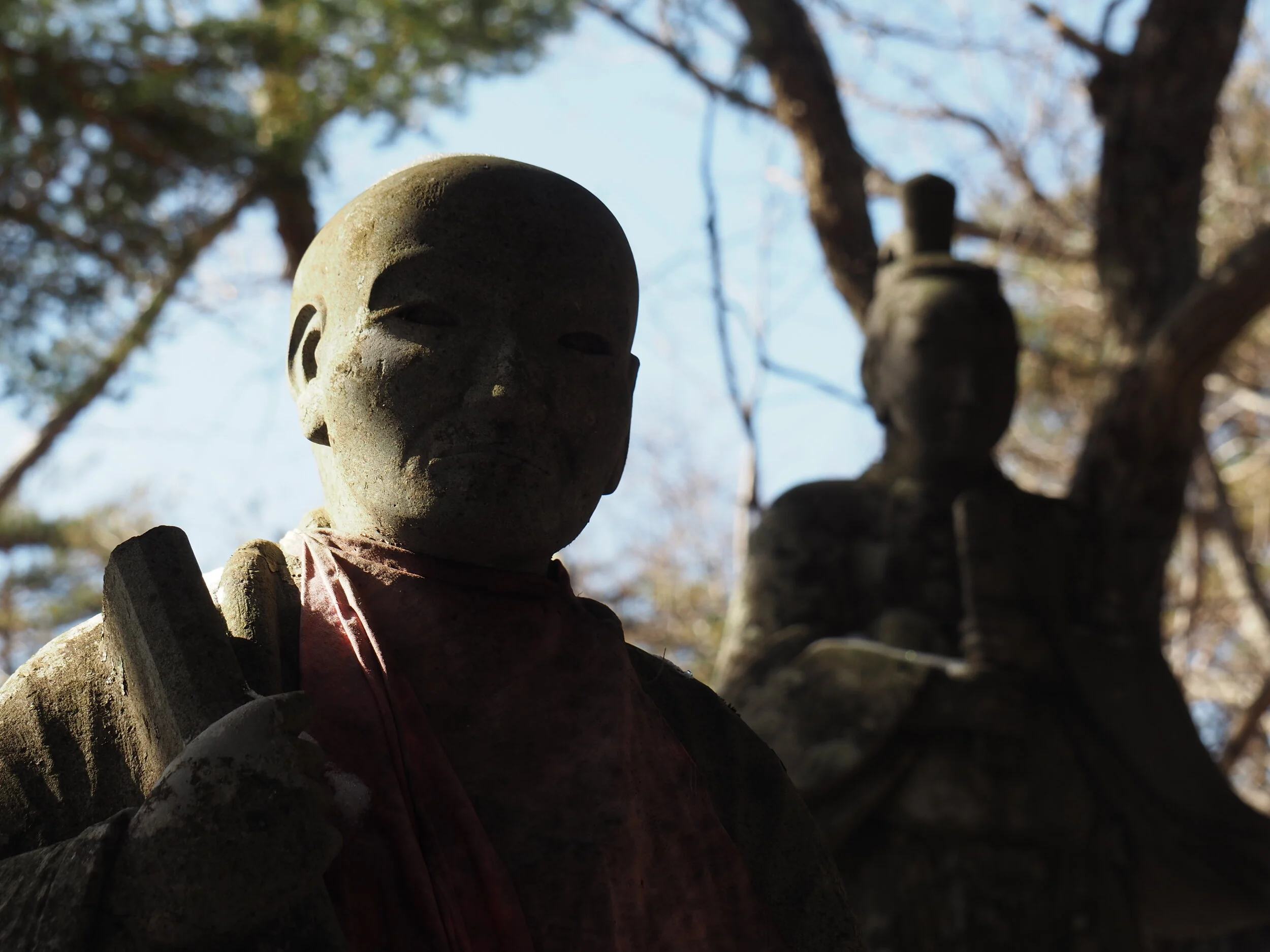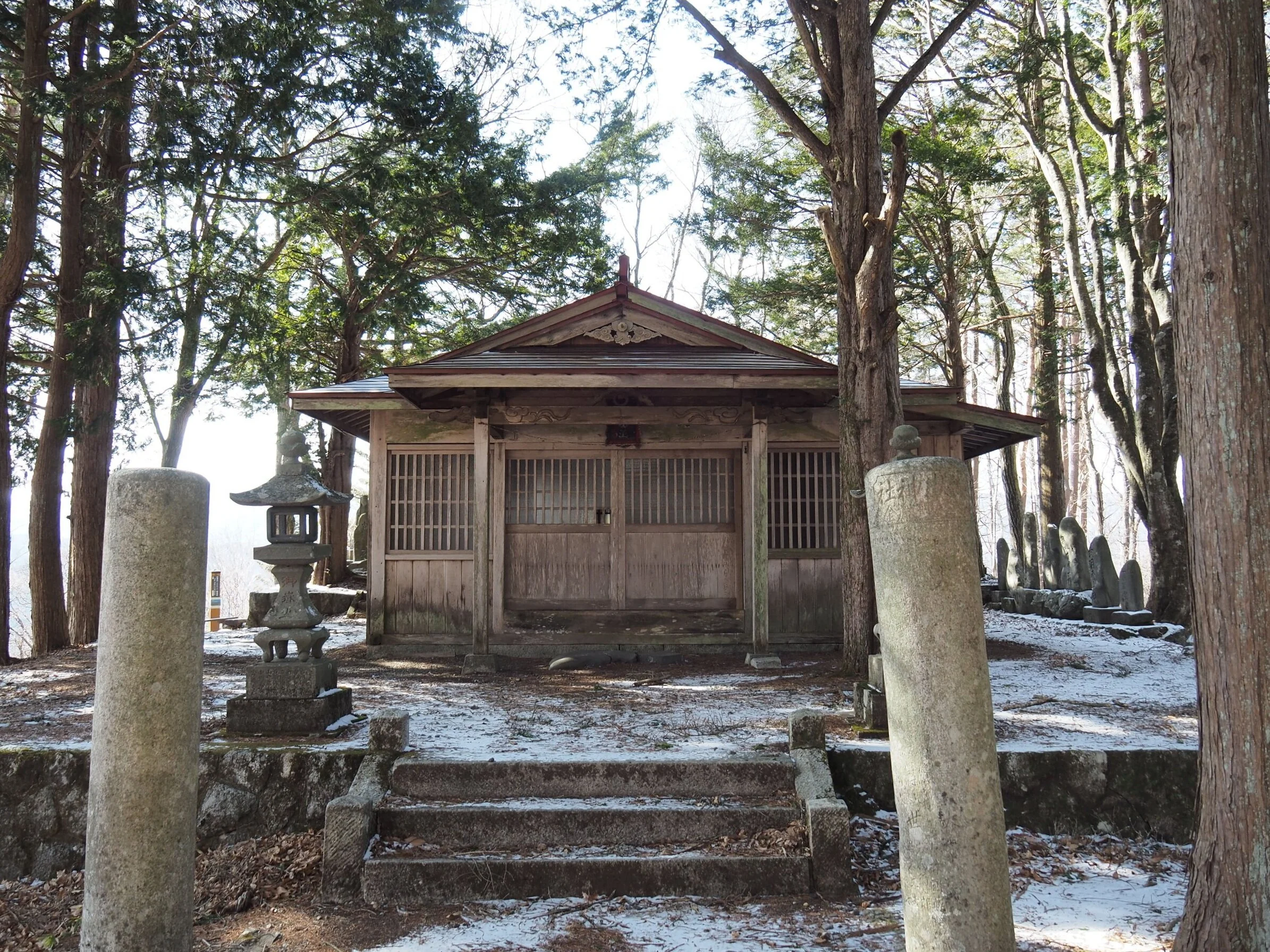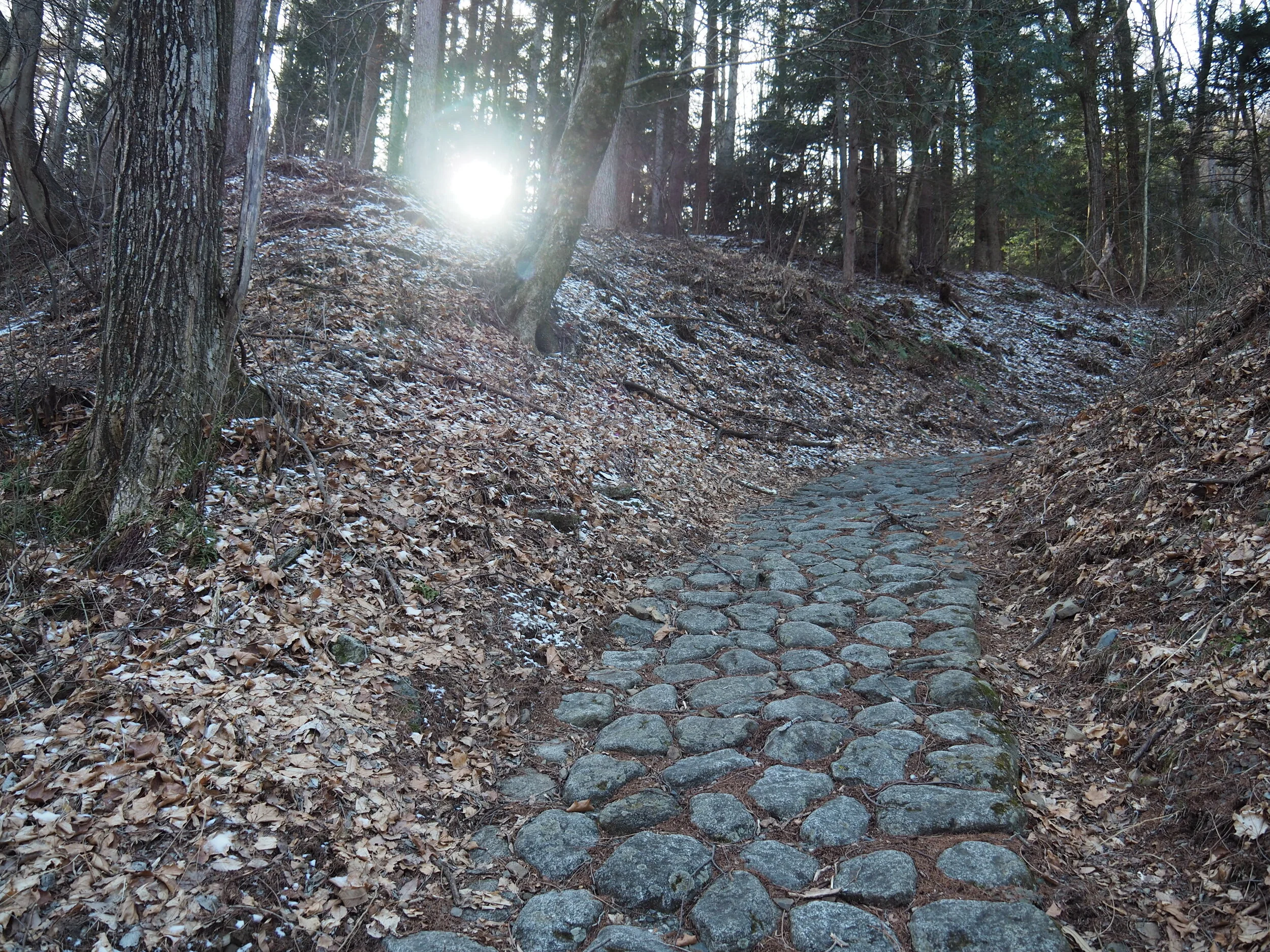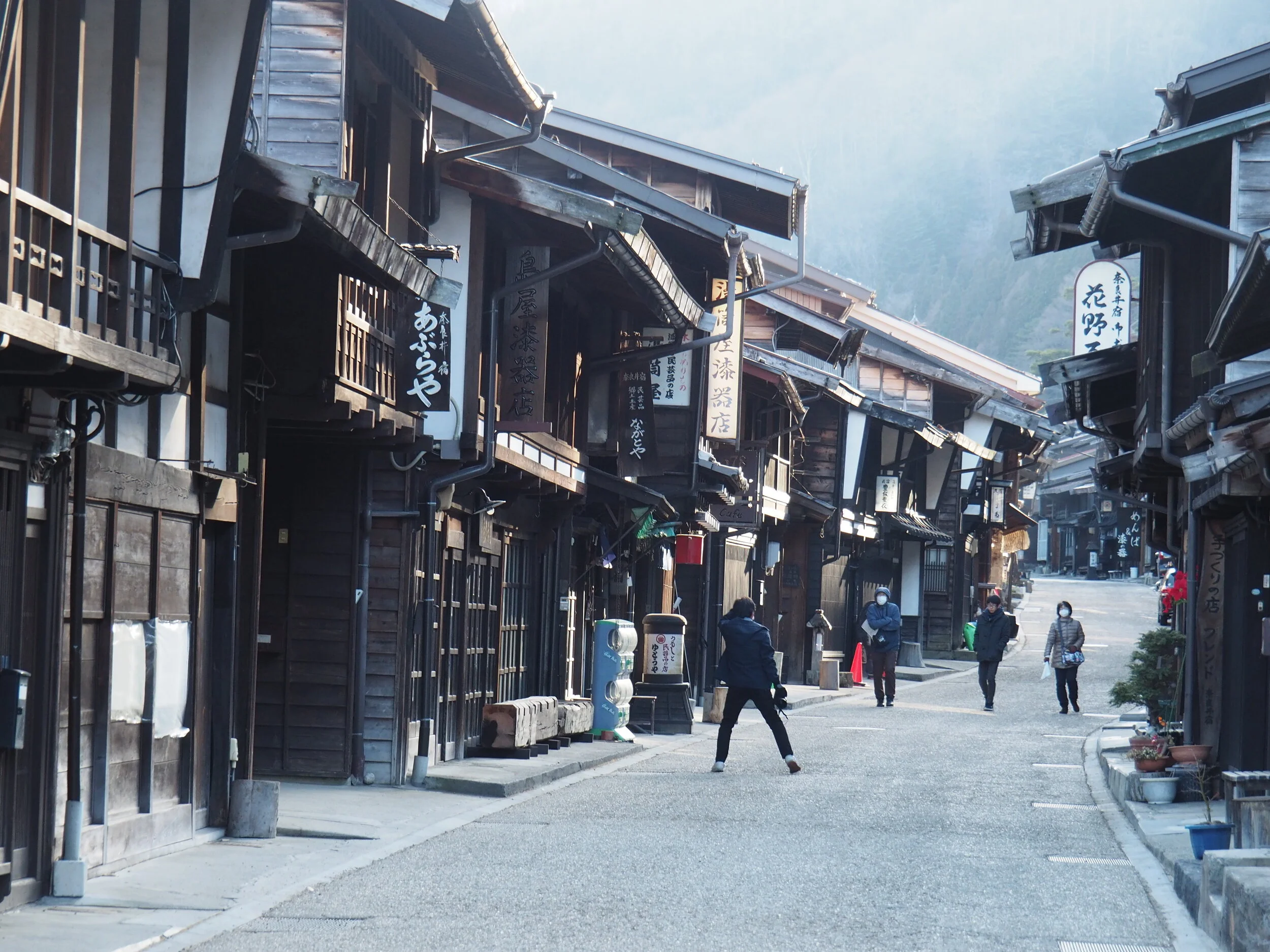Yabuhara to Narai
藪原宿 - 奈良井宿
From
$400
Yabuhara to Narai
Time: 3 hours
Distance: 7km
Level: Beginner/Moderate (expect some steep sections)
Highlights:
Narai Post Town’s amazingly well preserved 1km row of historic houses.
Ontake Shrine and the views of Yabuhara, Narai and Mount Ontake.
Starting at Yabuhara Station, this hike sets off from the old post town of Yabuhara. Though not as pristinely preserved as some of the other post towns in Kiso, a few buildings retain their original Edo period charm such as the shop below that sells local products such as the oroku-gushi, combs carved out of the minebari tree. In spite of this, the town of Yabuhara has a more Showa Era charm. With old people selling sweets, booze, and locally produced goods from their aged shopfronts. Still a time slip, but just a different type.
After crossing under the rail tracks a couple of times as you follow the old Nakasendo, take a 100m detour to the right and visit Yabuhara shrine and Gokakuji Temple. These two places of worship located right next to each other are a great example of how the two distinct religions became inextricably linked in Japan.
Back to the trail and the hike will take you climbing into the woodlands. It does get steep and leaves you breathless at times. But as you climb to the Torii Pass the view starts to open up. This shaded pavilion with a view is our recommendation for tea and bentos.
You will see Maruyama Park which has stone monuments to several poets including the Haiku poet Basho. Then the Ontake Shrine will appear. This shrines Torii gate is the namesake of the mountain pass. This shrine is the first place that you can see the sacred Mount Ontake and therefore travelers passing through would worship here with special reverence.
Then you will start your descent, passing some enormous chestnut trees on the way. There is one with a story about it. The locals say that once a newborn baby was found inside the hollow of the tree. The man who found he baby and his wife had long wanted children but were never able to conceive, and they happily adopted and raised the baby as their own. It is said that couples wishing to conceive should make tea from the bark of the tree.
A steep descent with sections of hundreds of years old ishidatami cobble stones will eventually lead you to the southern edge of Narai Post Town. One of the best preserved in the whole country. A 1km stretch almost entirely made up of historical Japanese post town houses. This feels about as samurai as a place can get. These days many of the old houses have been converted into coffee shops, restaurants and souvenir stores. The area is famous for its traditional lacquerware wooden bowls and cutlery, known in Japanese as shikki.


